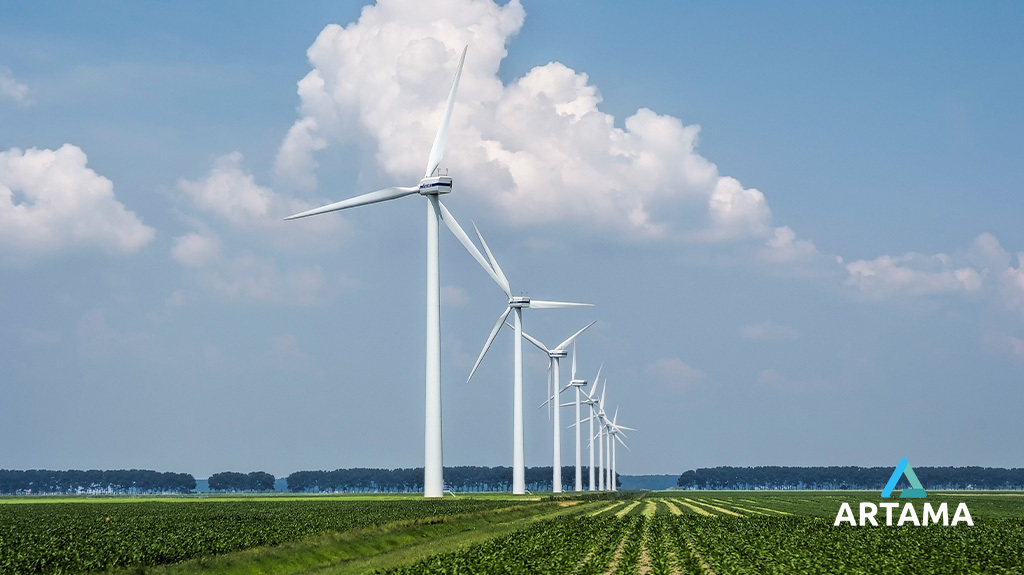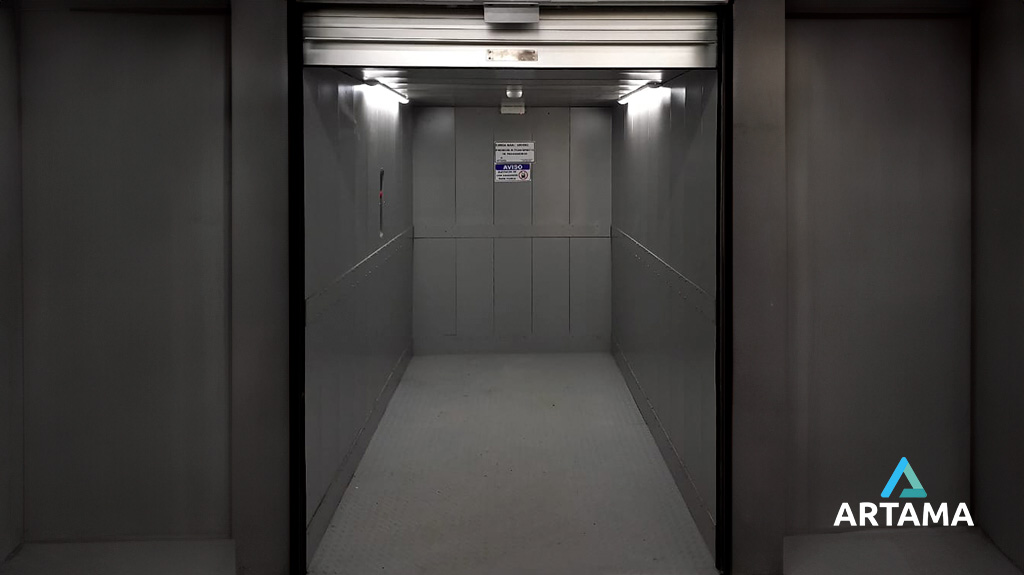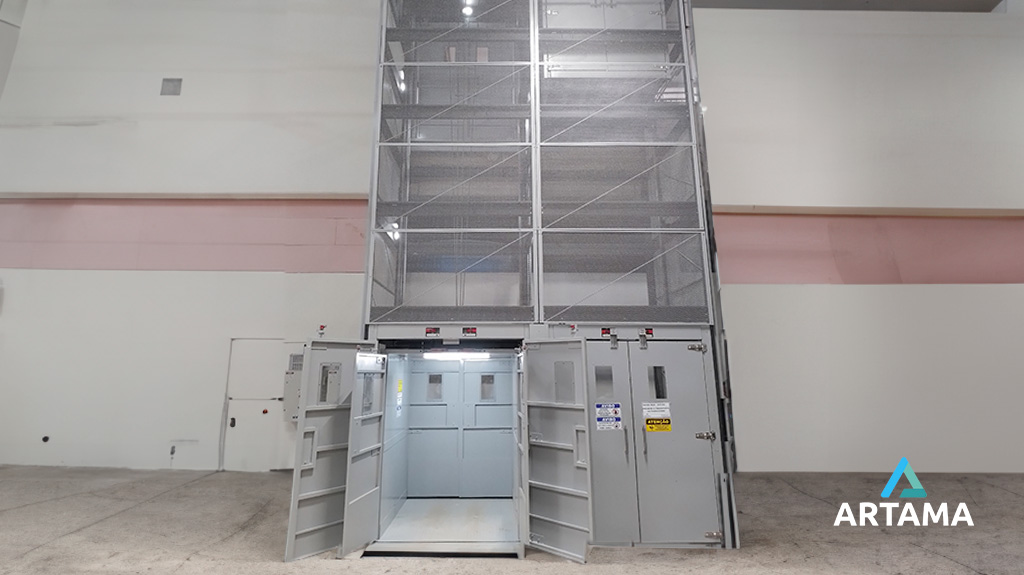The study “Jobs in the Wind Power Sector’s Production Chain” highlights the opportunities in the sector, which is expected to generate over one million jobs, 75% of which will be direct employment, by 2038. The research was presented by Jorge Boeira, CEO of Cognitivo Consultoria, during a meeting organized by the Brazilian Wind Energy Association (ABEEólica). The discussion included participation from Rodrigo Diniz de Mello, Director of the Gas and Renewable Energy Technologies Center (CTGAS-ER) and the SENAI Institute of Innovation in Renewable Energy (ISI-ER).

Moderated by Sandro Yamamoto, Technical Director of ABEEólica, the event focused on the “Labor Market in the Wind Industry” and discussed the sector’s needs and growth over the next 17 years, including the creation of new job opportunities. These positions, as emphasized by other participants in the debate, will require technical skills across all stages of the production chain, making it necessary to promote the training of the local workforce to operate in wind farms.
In the offshore wind energy sector, it is noted that the activity “requires a multidisciplinary knowledge base in the areas of mechanics, electrical engineering, physics, software, civil engineering, and oceanography, as well as the need for professionals in the sector to integrate competencies in meteorology, health, environment, and safety, within the context of managing highly complex projects in all phases of the project lifecycle and the supplier chain.”
The document provides short, medium, and long-term estimates for job creation in the production chain, primarily in onshore activities, i.e., those related to land-based wind farms.
However, according to consultant Jorge Boeira, who participated in the study and presented the results in the panel “Professionals of the Future: Entrepreneurship and Employability in the Energy Sector” at the Renewable Energy Forum, there is no doubt that opportunities will be enhanced with the future implementation of offshore wind farms.
The first projects of this type are awaiting licensing in Brazil, most of them on the coast of northeastern states. In Rio Grande do Norte alone, there are at least 10 registered projects with a combined capacity of 17.8 Gigawatts (GW). This number represents nearly 10% of the total capacity forecasted so far for the country and twice the current capacity of the state’s onshore wind farms.
The study was developed at the request of the Brazil-Germany Cooperation for Sustainable Development, through the Future Professionals Project, which brings together the Ministries of Education (MEC) and Mines and Energy (MME) with the German public agency GIZ.




